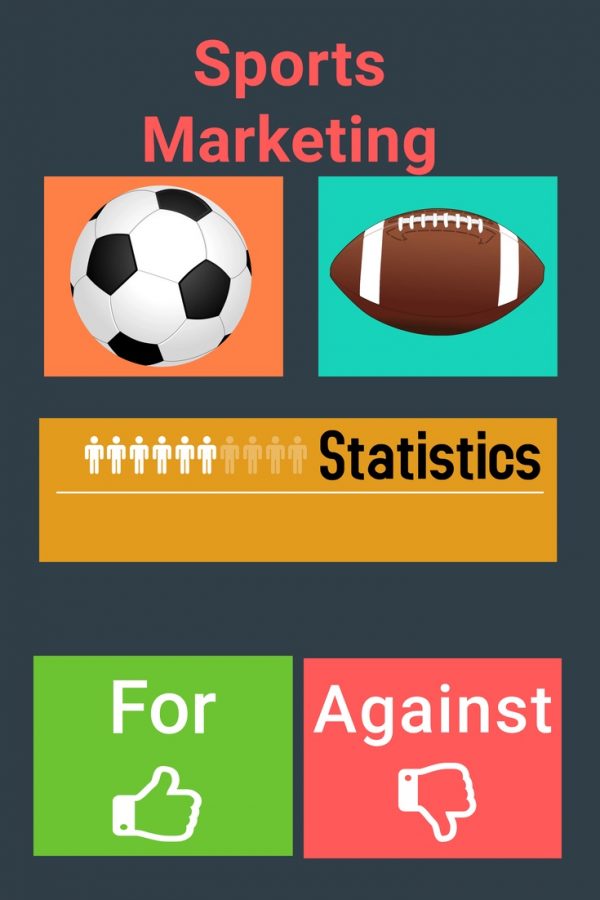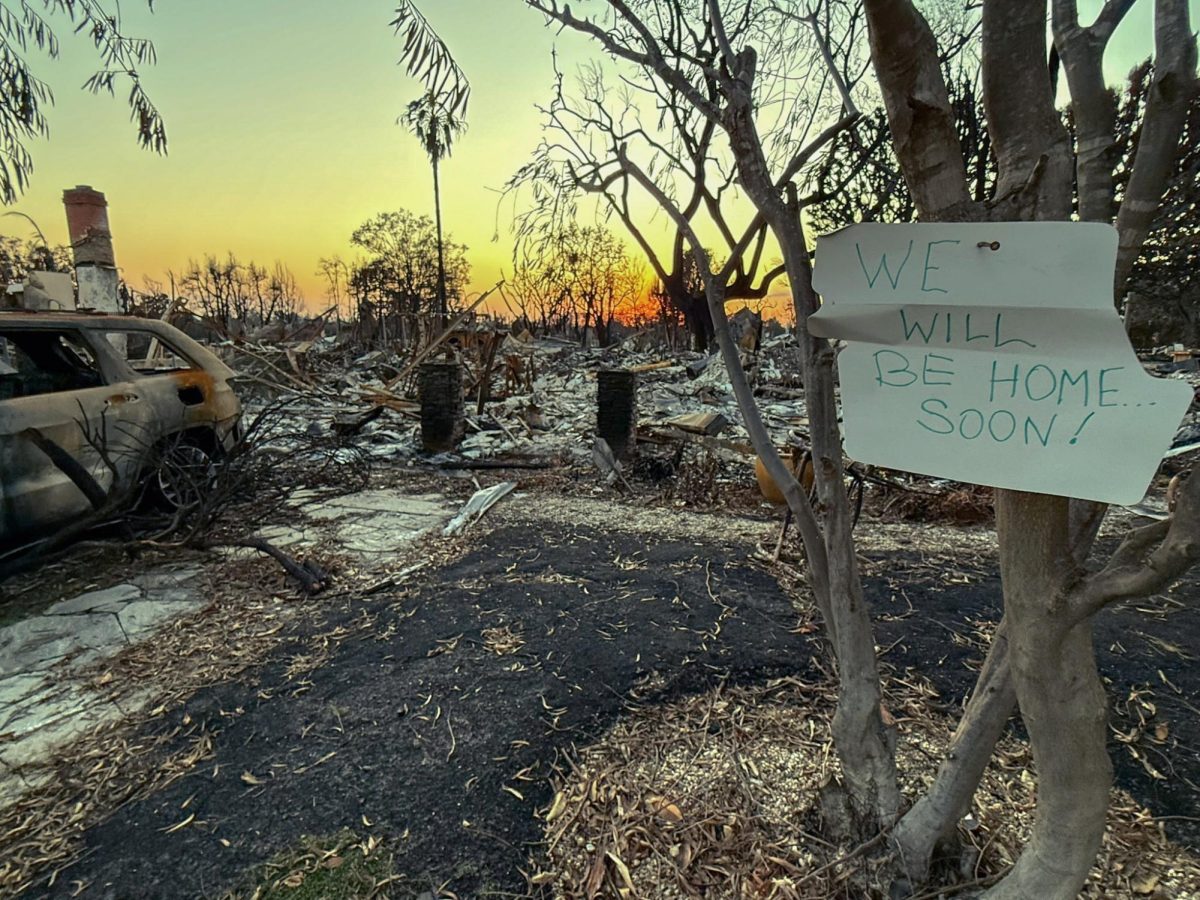In eLearning, Sports Marketing Students Have More Opportunities to Meet with Professionals
February 23, 2021
As teachers and students continue adjusting to eLearning, Pali teacher Bradley Kolavo has been working to make his Sports Entertainment Marketing class as interactive and engaging as possible for his students.
With the help of Pali administration, Kolavo created this elective as a way to familiarize students with the entertainment aspect of sports and to give students a basic understanding of the “ticket sales, how to keep people in the stands, logos and college sports.” According to Kolavo, this class is very beneficial to students interested in learning what goes on behind the scenes in the world of sports, saying that the class “dissects the sports marketing world and how it’s become a global thing.”
Each period has approximately 30-35 students. With a class of this size, Kolavo says that he has to be creative in how he informally checks in with students to make sure that they are understanding the material. He appreciates the diversity and variety of academic levels and experiences.
However, much like other teachers, Kolavo is struggling with certain aspects of eLearning. “The difficulty that I’m having right now is the pacing,” he said. “We’re going much slower than a typical semester.”
He has also noticed a distinct change in the level of student participation. “I have a morning class at 8:30… and it’s like pulling teeth,” Kolavo said. “It’s very difficult because students aren’t engaged.”
In an attempt to overcome these challenges, Kolavo has scheduled multiple activities and guest speakers for the remainder of the semester. One recent guest speaker for the class was Justin Roman, who works for the Chicago Bulls. Aiming to expose the students to more knowledge and expertise, Kolavo said that he is “hoping to get more guest speakers” as virtual learning creates a unique opportunity to bypass the typical issues with getting guests a security clearance and a parking pass.
Kolavo has personal connections with people working in sports entertainment because of his time as a teacher in Chicago. “We were invited to career days and sports teams in the area,” Kolavo said. “It gave us connections to minor-league baseball teams and minor-league hockey teams.” Additionally, his affiliation with the Distributive Education Clubs of America (DECA), allowed him to attend events such as the Chicago Bulls’ Career Day. DECA is an association of marketing students that encourages the development of business and leadership skills through academic conferences and competitions.
He also participated in Virtual Enterprise during his time in Chicago. Virtual Enterprise is a simulated business that is set up and run by students to prepare them for working in a real business environment.
Kolavo said that completing his class activities increases opportunities for students to retain the knowledge and to apply it to future assignments, including their final project. However, he doesn’t aim to make his assignments overly complicated. “I take into account how the students feel and the results I’m seeing,” Kolavo said. “I think about the way I would want to be taught if I’m learning something for the first time.”
According to Kolavo, the final project is a roleplay scenario in which students are tasked with assuming the role of director of promotion for the Sun Bowl, an annual college football bowl game. Their goal is to describe sponsorship objectives for the bowl game and to identify appropriate sponsors.
Looking forward, Kolavo said that he aims to continue enriching his curriculum, working to make the class both enjoyable and beneficial for his students.
“When I was in high school, I had classes like Sports Marketing,” Kolavo said. “I have been fortunate enough to pass my knowledge onto my students.”












